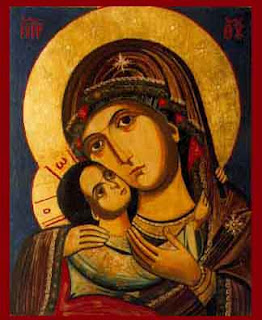The Associated Press
Thursday, December 31, 2009; 6:27 AM

KUALA LUMPUR, Malaysia -- A Malaysian court ruled Thursday that Christians have the constitutional right to use the word Allah to refer to God, striking down a government ban as illegal.
The landmark ruling appeared to be a victory for freedom of religion in the Muslim-majority country, where the ban had become a symbol of what minorities say is institutionalized religious discrimination.
Government lawyers said they will consult with the Home Ministry before deciding whether to appeal Judge Lau Bee Lan's verdict in a higher court, where the ban could still be reinstated. They have one month to appeal.
Lau said in her judgment that Christians have the "constitutional right to use Allah" and that the Home Ministry is "not empowered" to impose the ban.
She was ruling on a lawsuit filed in late 2007 by the Herald, the Malaysian Roman Catholic Church's main publication, after the government blocked non-Muslims from translating God as Allah in their literature.
 "This is indeed a landmark case for our nation," the Herald's editor, the Rev. Lawrence Andrew, said in a statement. He said the verdict upholds constitutional liberties of freedom of speech, expression and religion.
"This is indeed a landmark case for our nation," the Herald's editor, the Rev. Lawrence Andrew, said in a statement. He said the verdict upholds constitutional liberties of freedom of speech, expression and religion.Authorities have insisted that Allah is an Islamic word that should be used exclusively by Muslims, and its use by other religions would be misleading.
The ban had affected the Malay-language edition of the Herald, which is read mostly by indigenous tribes who converted to Christianity decades ago. The Mandarin, English and Tamil editions do not use the word Allah.
About 60 percent of Malaysia's 27 million people are Muslim Malays. A third of the population is ethnic Chinese and Indian, and many practice Christianity.
Thursday's verdict means "that the Bahasa Malaysia-speaking community of the Christian faith can now continue to freely use the word Allah, a word that has been in their worships and instructions in the faith without any interference from the authorities," Andrew said.
The government had argued that the Herald's online edition can be easily accessed by Muslims. Although the government has not said it explicitly, the fear among authorities is that Muslims might be tempted to convert to Christianity by reading Christian literature.
Lau said the government argument is outdated. She said the Herald's readership is largely limited to followers of Christianity and "that is a sufficient safeguard."
Minorities have often said their constitutional right to practice religion freely has come under threat from the Malay Muslim-dominated government. The government denies any discrimination.
Recently, the government confiscated 10,000 copies of Bahasa Malaysia-language Bibles because they contained the word Allah.
The National Union of Malaysia Muslim Students urged the Home Ministry to appeal the decision.
In the Malaysian context, "the word Allah is exclusive and only refers to the concept of God that is understood by Muslims," it said in a statement. It warned that allowing the Herald to use Allah could cause confusion among Muslims who may leave their faith.























































